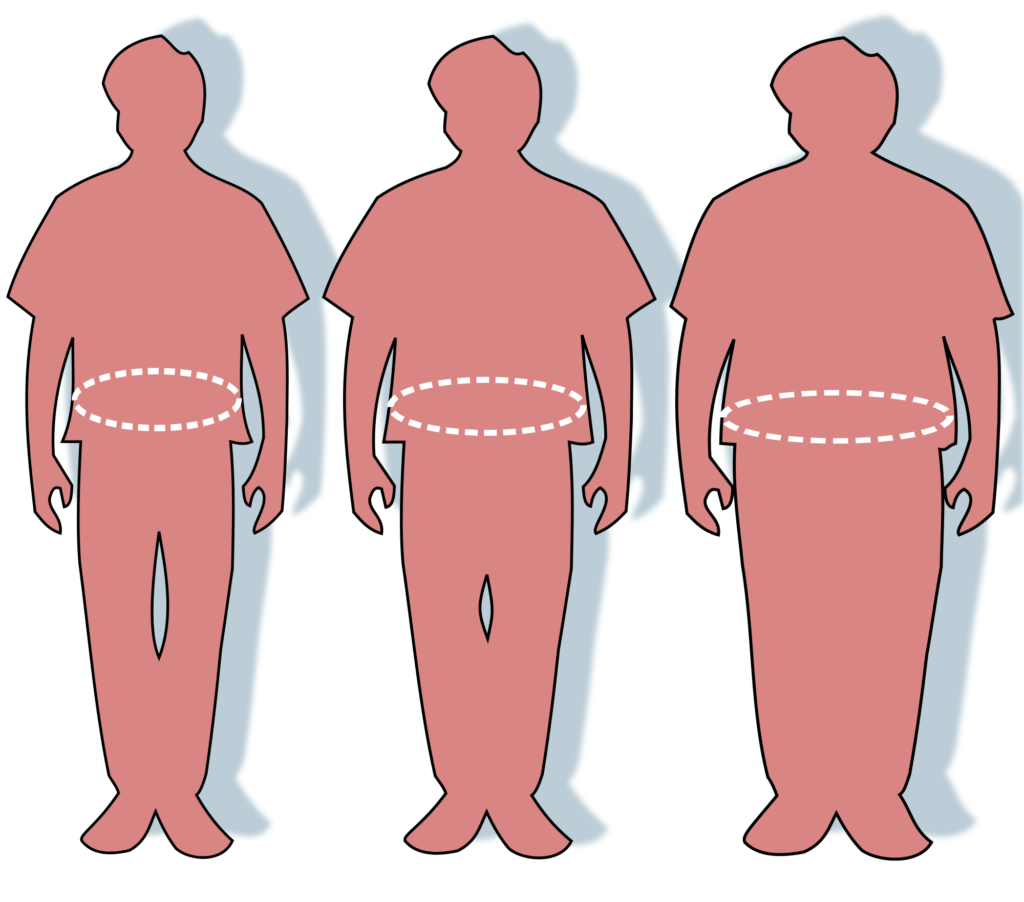Achalasia is a rare esophageal dysmotility disorder of unknown etiology. It is characterized by loss of esophageal peristalsis and failure of the lower esophageal sphincter to relax. Patients develop dysphagia to solids and liquids. They also develop food regurgitation and heartburn. Heartburn is secondary to the inability of the esophagus to clear physiologic gastric content reflux. Furthermore, retained food in the dilated esophagus tends to ferment resulting in increased acid content and burning sensation. Most achalasia patients presenting to Houston heartburn and Reflux Center reports heartburn as their main complaint.
A 50-year-old male, BMI=49, presented to my office with worsening heartburn and food regurgitation of one year duration. He reports that almost a year ago he had developed fever for two weeks. An extensive fever work up was performed that yielded no answers to the origins of his fever. Following those two weeks, patient reports that his heartburn has progressively worsened along with new onset difficulty swallowing food. He likes to eat fruits like oranges, but due to acid reflux and dysphagia he started avoiding fruits, vegetables, and meat products. He started consuming more ice cream, cookies and other soft, high sugar and high fat content food items that led to a 40-pound weight gain in one year.
Upper endoscopy, esophageal manometry and upper gastrointestinal series confirmed the diagnosis of type one achalasia in the setting of a small sliding hiatal hernia. A heller myotomy was offered to patient to alleviate his symptoms. A partial fundoplication and hiatal hernia repair are traditionally added to prevent GERD related symptoms from developing after sphincter myotomy. However, given the patient morbid obesity a gastric bypass was recommended instead of a Toupet fundoplication. Gastric bypass surgery has the advantage of excellent postoperative GERD control as well as obesity resolution. Gastric bypass also preserves the stomach reservoir for any potential future use in case esophageal resection is needed.
POEM or endoscopic myotomy has been shown to be quite effective in terms of achalasia treatment. However, POEM is associated with a higher incidence of post-myotomy GERD development and in the setting of morbid obesity food regurgitation and heartburn may be quite difficult to control with medications only. At Houston heartburn and Reflux Center, we consider obesity to be a contraindication for POEM and a strong indication for gastric bypass and Heller myotomy for achalasia treatment.
Reference:
The surgical management of achalasia in the morbid obese patient.
Fisichella PM1, Orthopoulos G, Holmstrom A, Patti MG. J Gastrointest Surg. 2015 Jun;19(6):1139-43.

